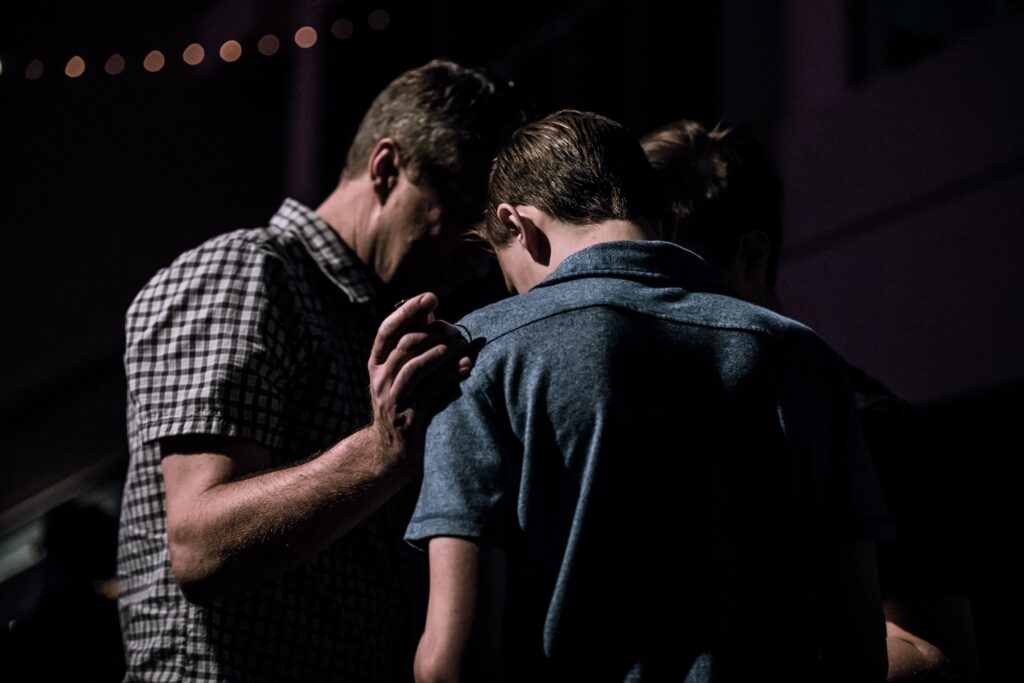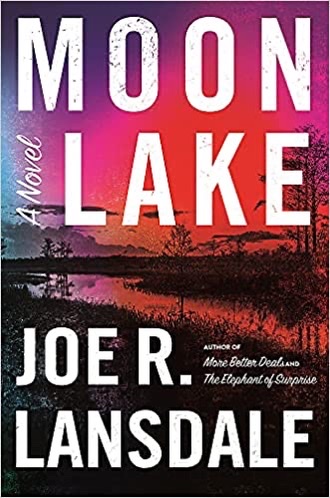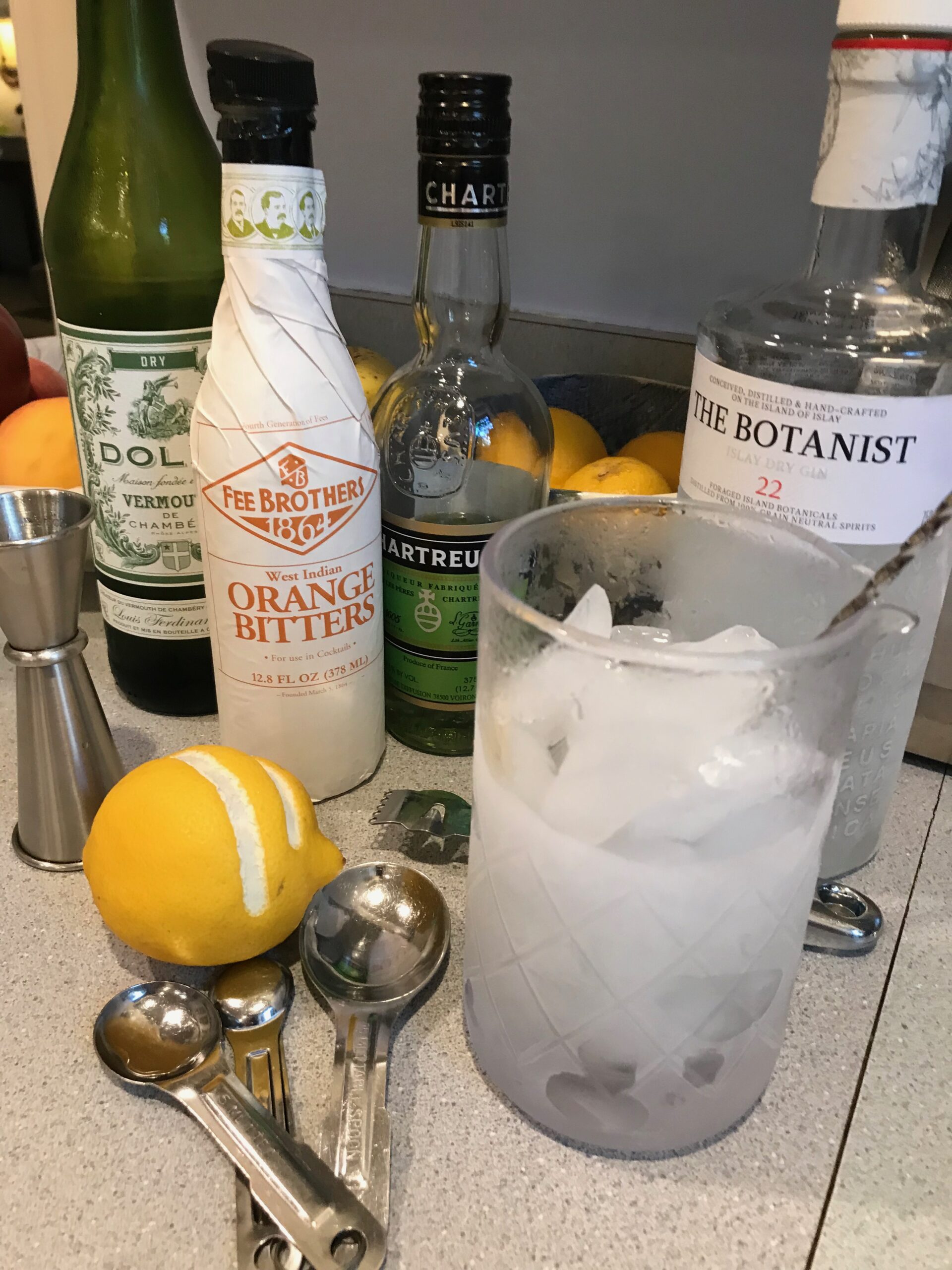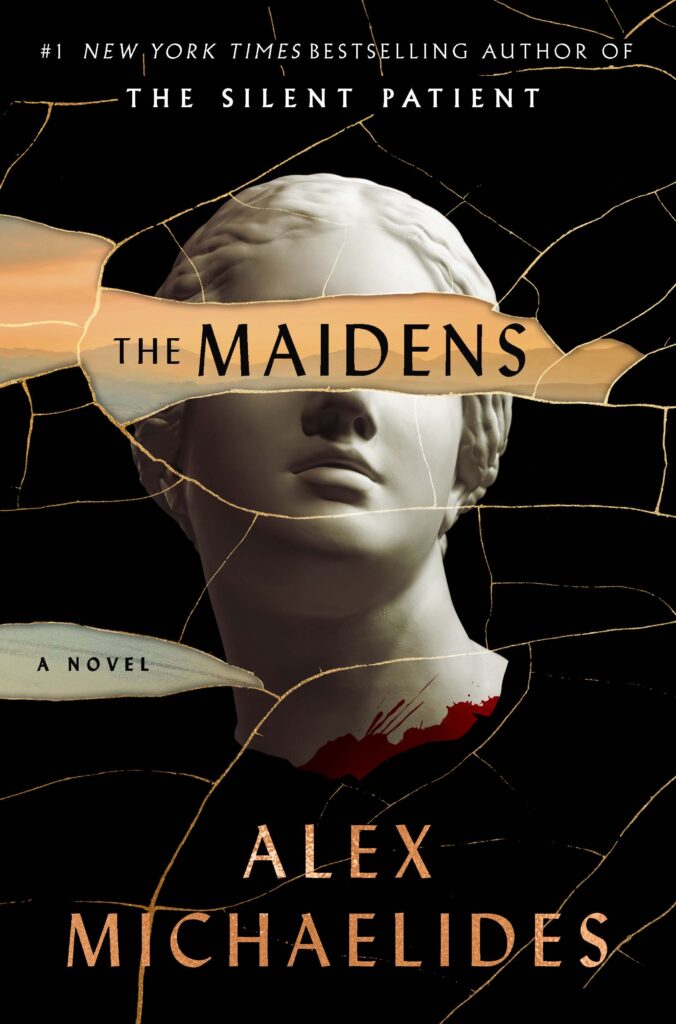Elizabeth Holmes, Recovery Rogues, Puritan Cocktail
Reading Time: 4 minutes.
Elizabeth Holmes and a white-collar recovery group; Virginia noir and very mean girls; and the Puritan cocktail.
White collar crime

The trial of Elizabeth Holmes offers many unusual aspects in the white-collar world, not least of which is the depth and variety—book, podcasts, movie—of media both mainstream and social, as I recently pointed out for The Recorder :
Jack Sharman, a white-collar defense and government investigations lawyer with Lightfoot, Franklin & White in Birmingham, Alabama, said that realization could potentially affect jurors’ decision-making.
“It would be hard to predict how it’s going to affect it, but there’s no doubt that there is sort of a 15-minute-fame effect in this kind of case,” Sharman said.
As a defense lawyer, Sharman said the primary weapon to combat jurors who are biased from media consumption is to strike them from the panel, but that process might become even harder during the pandemic. “A lot of judges who, especially in a COVID or post-COVID era, are really looking for jurors are very reluctant to agree with you that it is cause to strike Miss Jones, because she likes true crime podcasts,” he said.
Alaina Lancaster, “The New ‘CSI-Effect’ Takes Center Stage in Elizabeth Holmes’ Criminal Fraud Trial,” The Recorder, 7 September 2021

What happens to white-collar defendant when the media stories stop, money is gone, and time has been served? In this New Yorker article—Life After White Collar Crime—Evan Osnos asks a dramatic but ultimately inaccurate question:
Behind each new revelation of white-collar crime lurks an uncomfortable question about some of America’s most lucrative businesses: Are they attracting rogues or grooming them?
The article, which focuses on a recovery group for white-collar offenders, is well written and insightful. Its supposition, however, misses the mark. Few American businesses attract rogues or groom them; those that do, fail. The more compelling observation is from Professor Eugene Soltes at Harvard Business School:
Eugene Soltes, a professor at Harvard Business School, told me that regulations were partly to blame. “There is more white-collar crime today because there are more things that are criminal today than fifty years ago,” he said. Bribing a foreign official, for instance, was legal until the Foreign Corrupt Practices Act of 1977, and insider trading was rarely prosecuted until the nineteen-eighties. Today, those are among the most common offenses. But, Soltes went on, “I suspect that you might be asking the more intuitive version of this question. Given the same laws, same number of people, et cetera, is the proclivity for someone to engage in white-collar crime higher than it was fifty years ago?”
Soltes is the author of perhaps the best contemporary book on white-collar crime—Why They Do It: Inside the Mind of the White Collar Criminal. Soltes’s approach is more nuanced than that taken by the media, prosecutors, and many judges:
For his book “Why They Do It,” Soltes interviewed scores of people convicted or accused of white-collar crime. He said that he had found no evidence of a growing inclination to break laws. What has changed, though, is what he calls the “psychological distance” between perpetrators and their victims: “Business is done with individuals at greater length now, which reduces the feeling that managers are harming others.” In thought experiments, people agree to sacrifice the life of someone they can’t see far more readily than that of someone who stands before them. In Soltes’s interviews with people who had committed price-fixing or fraud, he found that many of them had never had a personal encounter with the victims.
“Psychological distance,” coupled with sloppiness, entitlement, peer pressure, and fear makes for a better and more likely narrative than populist theories of rogue-ism.
Crime Fiction
From Goodreads, a note on summer mysteries.

I am a fan of S.A. Crosby—southwest Virginia noir—and look forward to reading Alex Michaelides.
From The Rap Sheet, a comprehensive recent review of reviewers. And, finally, although I do not normally do gothic, I just finished Joe R. Lansdale’s Moon Lake; believed the villains and oddities; and enjoyed it immensely.

Cocktails

We at WCW have a fondness for the Puritans and have noted before the poetry of Anne Bradstreet. Here is the Puritan cocktail, a fine martini riff with a drop of Chartreuse (via Robert Simonson and his The Martini Cocktail):

2 ounces Plymouth gin [or The Botanist]
1 ounce Dolin dry vermouth
2 teaspoons yellow Chartreuse [or green, which is what I had handy]
1 dash orange bitters
Lemon twist
Combine the liquid ingredients in a mixing glass filled with ice and stir until chilled, about 30 seconds. Strain into a chilled cocktail glass. Express a lemon twist over the surface of the drink and drop it into the glass.
